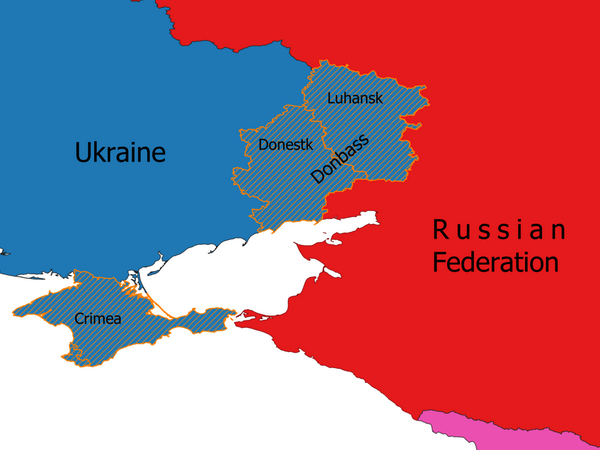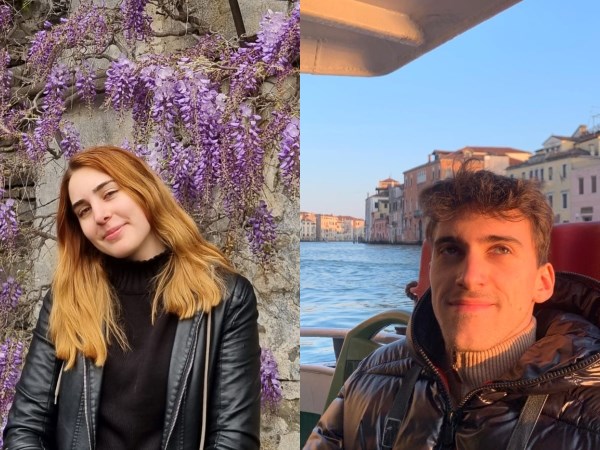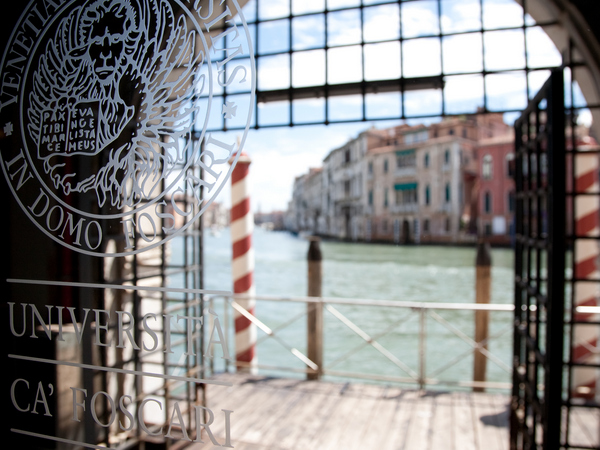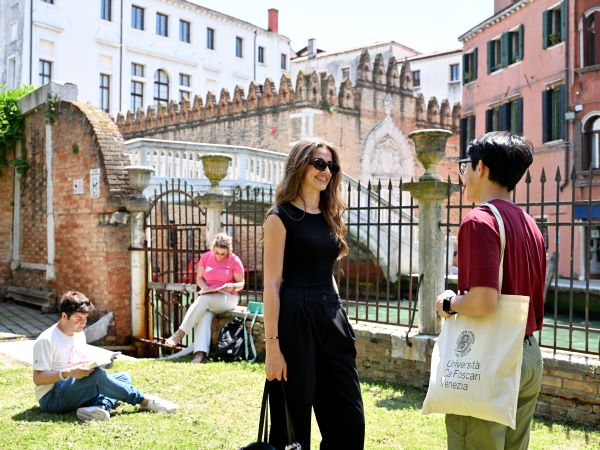The intensification of military activity on the border between Russia and Ukraine, in the Donbass region, is worrying. Is President Putin prepared to invade Ukraine to prevent it from joining NATO, or is it still possible to defuse this crisis with diplomacy? What are the EU and the USA doing? We have interviewed Aldo Ferrari, an expert in this field.
Professor Ferrari teaches Armenian language and literature and History of the Caucasus at Ca’ Foscari University of Venice. He is also head of the research team on Russia, Caucasus and Central Asia at ISPI (Italian Institute for International Political Studies).
Professor, what is happening between Moscow and Kiev? Is a war about to start, at the door to Europe, in an area where there is already high tension?
The situation is worrying, although I think that an armed conflict, at least for now, is unlikely to break out. In fact, it would be extremely risky for Russia, even though military intervention of the EU and the USA in Kiev seems improbable. In actual fact, Russia’s aim is not to invade Ukraine, but to prevent Ukraine from joining NATO. In other words, Moscow is engaged in a display of power to try and impose a more acceptable solution — from Russia’s perspective — to the threat posed by NATO’s expansion in the East.
However, the situation is indeed very worrying, especially because the conflict between Russia and Ukraine has lasted years, and cannot be solved with diplomacy. This deadlock is the reason why the political and military situation is always on the brink of degeneration. The situation in the post-Soviet area, in fact, has already degenerated — just consider the violent conflict between Armenia and Azerbaijan in Nagorno-Karabakh in 2020, or the Russo-Georgian War which broke out in 2008 in South Ossetia and Abkhazia.
While Moscow engages in this ‘power display’, what are Ukraine and the West doing?
Moscow is following a linear trajectory based on national security needs. The situation outside of Russia is more complicated. Ukraine, despite being historically related to Russia, is currently ‘looking west’ from a political perspective. The EU is internally divided and lacks efficient foreign policy. The USA, despite their power, are too invested in their contention with China to truly defend Kiev. Therefore, the West is deluding Ukraine by making it believe that it would step in and support it in armed conflict. In this situation, everyone should take steps to achieve a diplomatic solution, not only Russia.
Acting in ways that exacerbate the conflict between democratic and non-democratic countries — which is what President Biden is doing — is, in my view, not a good strategy in this international context. Instead, governments should work to bridge the gap that exists between European countries and Russia.
Italian PM Mario Draghi, speaking to the Chamber of Deputies, has reaffirmed Italy’s support of Ukraine’s sovereignty and territorial integrity.
Western countries are in favour of Ukraine’s sovereignty, and this is absolutely legitimate. However, what is worrying is that communication between the West and Russia is becoming increasingly strained — Russia and the West are communicating less, and understanding each other less than before.
Russia is increasingly being seen as an antagonist to fight against, rather than as a partner to regain. But the growing perception that Russia is hostile and aggressive should instead be reconsidered, taking into account the historical and political framework in its entirety. Russia is feeling threatened by the expansion of NATO in the East; this military alliance arose during the Cold War, when the world was divided into two geo-political areas and spheres of influence — the Soviets on one side, the USA on the other. NATO, however, survived the Cold War and its expansion is perceived by Russia as a serious threat to national security. Estonia, which is just a few hours away from St Petersburg, is already a member of NATO. If Ukraine joins NATO, too, Western military power would be at a stone’s throw from Moscow. This point cannot be stressed enough. In the 1960s, when the Soviet Union placed its missiles in Cuba, the situation almost tipped over into a Third World War because the USA wanted to defend their territory. When it comes to foreign policy, countries must have an understanding of the antagonists’ perspectives and interests — but the West does not seem willing to consider Russia’s point of view.
Russia supplies 40% of European gas. Should we be concerned about an energy crisis?
There is no reason why Russia should stop supplying Europe with gas, since the Russian economy largely depends on it. However, the political crisis might lead to the deactivation of the new Nord Stream 2 gas pipeline, which connects Russia with Germany across the Baltic Sea and therefore bypasses the pipelines in Ukraine. Russia is likely to do everything possible to avoid the deactivation of Nord Stream 2, since it would cause serious economic damage to the country.











